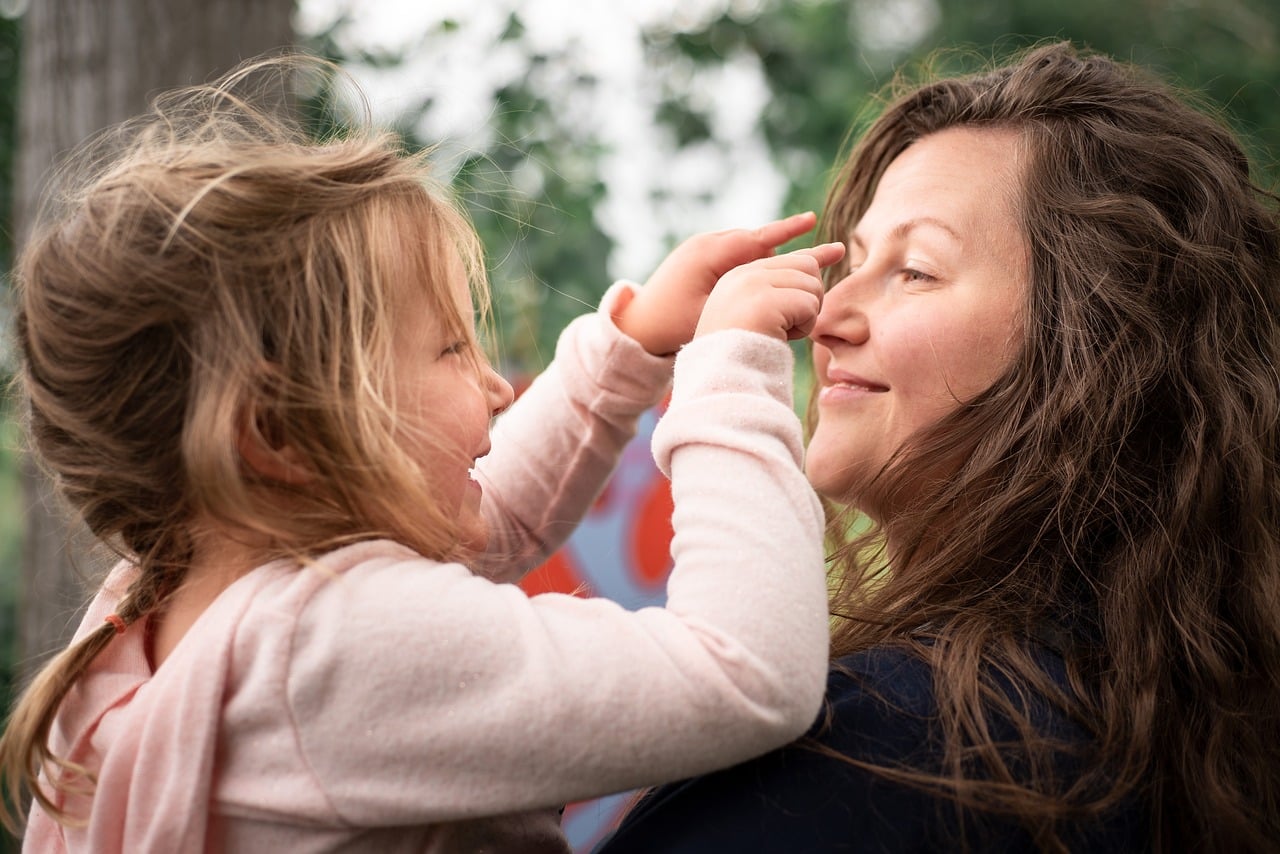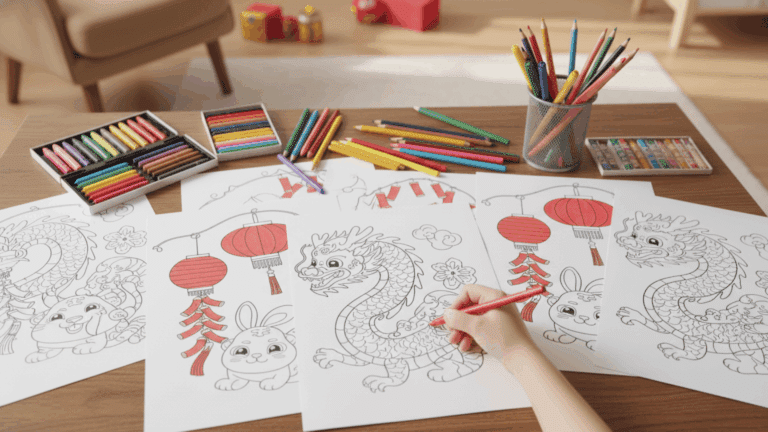Combining modern parenthood with a career can feel like an impossible balancing act. Between work deadlines, school activities, household management, and attempting to preserve some semblance of personal identity, parents today face unprecedented levels of stress. As society’s perspective on cannabis evolves, many parents are discreetly turning to this plant for support in managing the daily challenges of family life while maintaining professional responsibilities.
What is Parental Burnout
Parental burnout is a state of physical, emotional, and mental exhaustion caused by the chronic stress of parenting without adequate resources or recovery time. Unlike ordinary fatigue, burnout doesn’t resolve after a good night’s sleep or a weekend off. The combination of work pressures and family responsibilities creates a perfect storm for this condition.
Parental burnout affects many parents, with particularly high rates among those balancing demanding careers with family life. The symptoms often include emotional distancing from children, overwhelming fatigue, and feelings of inadequacy as both a parent and a professional.
The Physiological Impact of Chronic Stress
When parents experience prolonged stress, the body remains in an elevated state of alertness. This persistent fight-or-flight response leads to increased cortisol levels, which can result in:
- Sleep disturbances and insomnia;
- Weakened immune function;
- Digestive issues;
- Mood regulation difficulties.
Over time, these physiological responses can contribute to more serious health conditions, making stress management a critical component of parental wellness.
Cannabis as a Stress Management Tool
For some parents, carefully selected cannabis products have become part of a holistic approach to managing the pressures of balancing work and family. The endocannabinoid system — a cell-signaling system identified in the early 1990s — plays a crucial role in regulating numerous physiological and cognitive processes, including stress response. Cannabis contains compounds that interact with this system, potentially offering benefits for overwhelmed parents seeking balance.
Key Cannabis Compounds for Parental Well-Being
Not all cannabis is created equal when it comes to stress management. The specific compounds present in different varieties can produce distinctly different effects:
|
Compound |
Potential Benefits for Parents |
Best For |
|---|---|---|
|
CBD (Cannabidiol) |
Anxiety reduction, inflammation relief, non-intoxicating |
Daytime stress management, maintaining functionality |
|
CBN (Cannabinol) |
Sleep improvement, mild relaxation |
Evening wind-down, sleep support |
|
THC (Tetrahydrocannabinol) |
Pain relief, mood elevation, deep relaxation |
Evening use after children’s bedtime, when responsibilities are minimal |
|
THCV (Tetrahydrocannabivarin) |
Focus enhancement, appetite regulation |
Productive periods, maintaining energy |
For parents seeking support without impairment, CBD-dominant products with minimal THC often provide stress-relieving benefits while allowing them to remain present and functional.

Improve Sleep Quality for Better Parenting
Quality sleep eludes many parents, particularly those with young children or demanding work schedules. Sleep deprivation affects every aspect of parenting, from patience and emotional regulation to decision-making and conflict resolution.
Some parents report that specific cannabis products, particularly those containing CBN or indica-dominant strains, help them achieve more restorative sleep during their limited downtime. By improving sleep quality, these parents find themselves more emotionally available and patient with their children during the day.
Self-Care Aspect of Cannabis Cultivation
For some parents, the process of growing cannabis-rich plants from autoflower seeds becomes a therapeutic hobby in itself. Unlike traditional cannabis varieties, autoflowering plants transition to the flowering stage automatically, without relying on specific light cycles, which makes such plants better-suited to busy parent schedules.
This form of gardening can serve as mindful recreation, providing a rewarding activity that requires presence and attention to detail. Many parents report that tending to plants offers a meditative break from parenting and work responsibilities, creating a small pocket of personal time in otherwise hectic days.
Practical Considerations for Busy Parents
Typically, autoflower seeds produce smaller plants with shorter growing cycles, making them practical for parents with limited time and space. The cultivation process can be as simple or sophisticated as desired, accommodating various levels of experience and commitment.
The therapeutic benefits of gardening itself are well-documented, with research showing decreased cortisol levels and improved mood after working with plants. For stressed parents, this combination of horticultural therapy and eventual access to cannabis may provide dual benefits for overall well-being.
Mindful Consumption for Responsible Parenting
Responsible cannabis use is about timing, dosage, and context. Many parents emphasize that moderation and intentionality are paramount, with consumption typically reserved for specific circumstances:
- After children are asleep for the night;
- During periods when another responsible adult is present;
- In microdose formats during particularly stressful periods;
- As part of scheduled self-care routines.
This mindful approach ensures that cannabis serves as a support tool rather than an escape mechanism, ultimately enhancing rather than detracting from parental presence and capability.
Takeaway: A Balanced Approach
For parents balancing the demands of work and family life, cannabis may offer a supportive tool for stress management, sleep improvement, and overall well-being. When approached thoughtfully, these products can help some parents maintain the emotional regulation and presence their families deserve. As research continues and societal attitudes shift, the conversation around parental cannabis use will likely become more nuanced, recognizing its potential role in a comprehensive approach to parental wellness.


















